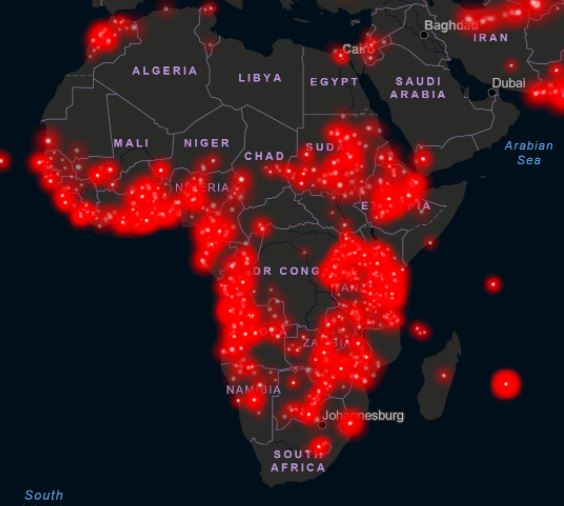
Researchers at William & Mary Global Research Institute in the USA have discovered that Ethiopia’s previous thought debt to foreign lenders of $30 billion does not take into account “hidden debt” which involves private institutions from both borrower and lender but still carrying government guarantees of repayment. How much higher is difficult to measure but it may be an additional 5% of the Gross Domestic Product higher then previously thought.
This is apparently involved in China’s “high risk high reward” loans to developing countries which have natural resources. Typically the loans involve credit payments much higher than those available from Western democracy sources. Ethiopian Prime Minister Abiy Ahmed in February 2020, had wanted to try getting Europe to replace China as a creditor because of the high interests and obligations of Chinese lending. China cancelled all previous interest free loans to Ethiopia in 2019 when the Ethiopian economy under Abiy Ahmed after his first year began to deteriorate. Europe has become cold to dealing with Ethiopia and given its dim view of the developing despotic government and falling economy is not going to be willing to jump in soon. Western financial analysts warn China is creating situations where they can control infrastructure and natural resources in the developing countries to whom they lend development capital.
Ethiopia has to make payments on its debt of over $2 billion per year while its usual baseline whole country budget is only $2 billion per year. Ethiopia’s Gross Domestic Product of 2020 at $ 107 billion is expected to fall precipitously due to war costs exceeding $2.5 billion, abnormal rain patterns, locus swarms, inflation due to currency devaluation, and loss of confidence of foreign investors due to the ongoing Ethiopia Tigray conflict. Economists warn that debt burdens greater than 10% of GDP are very risky. Ethiopia having debt burden approaching 40% will have to suffer agreeing to severe fiscal austerity from the International Monetary Fund contributors to its debt, mainly China.

